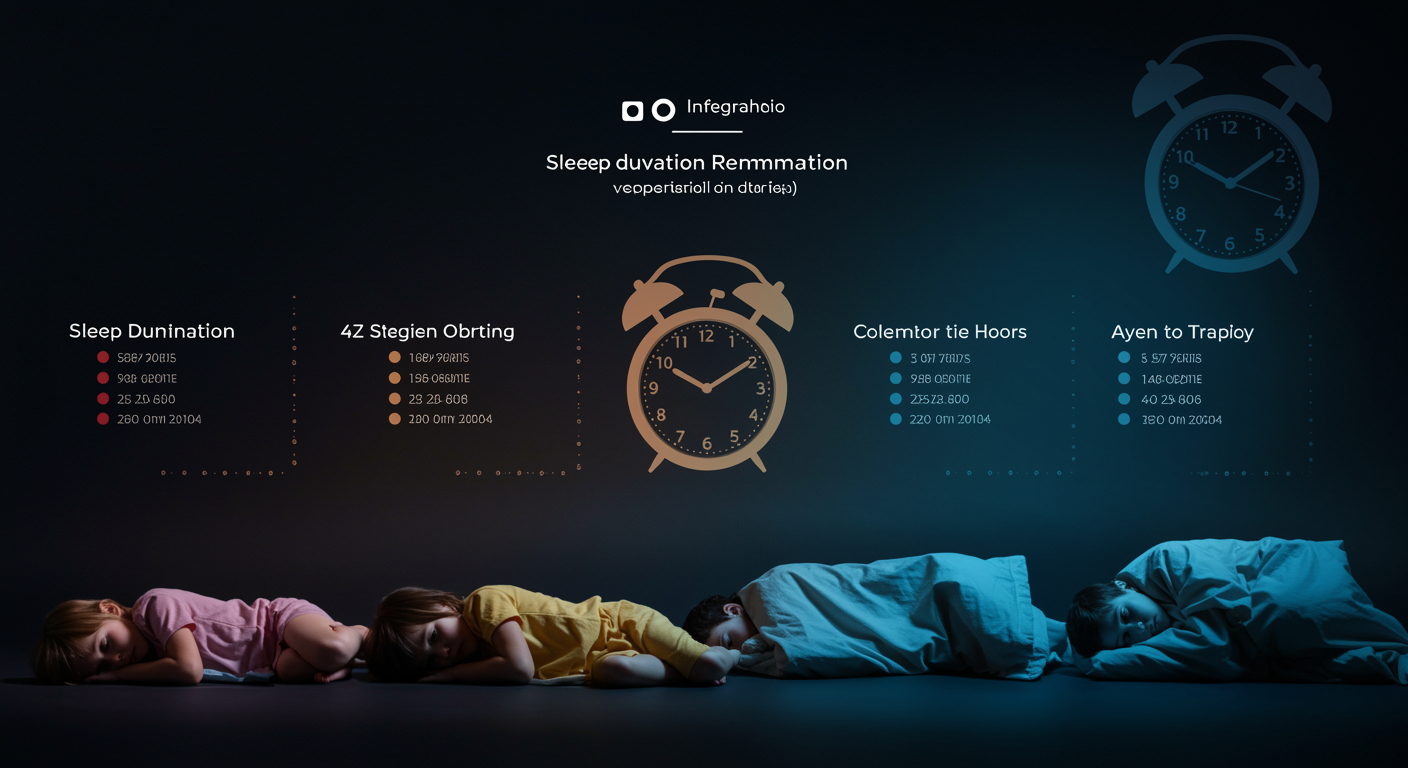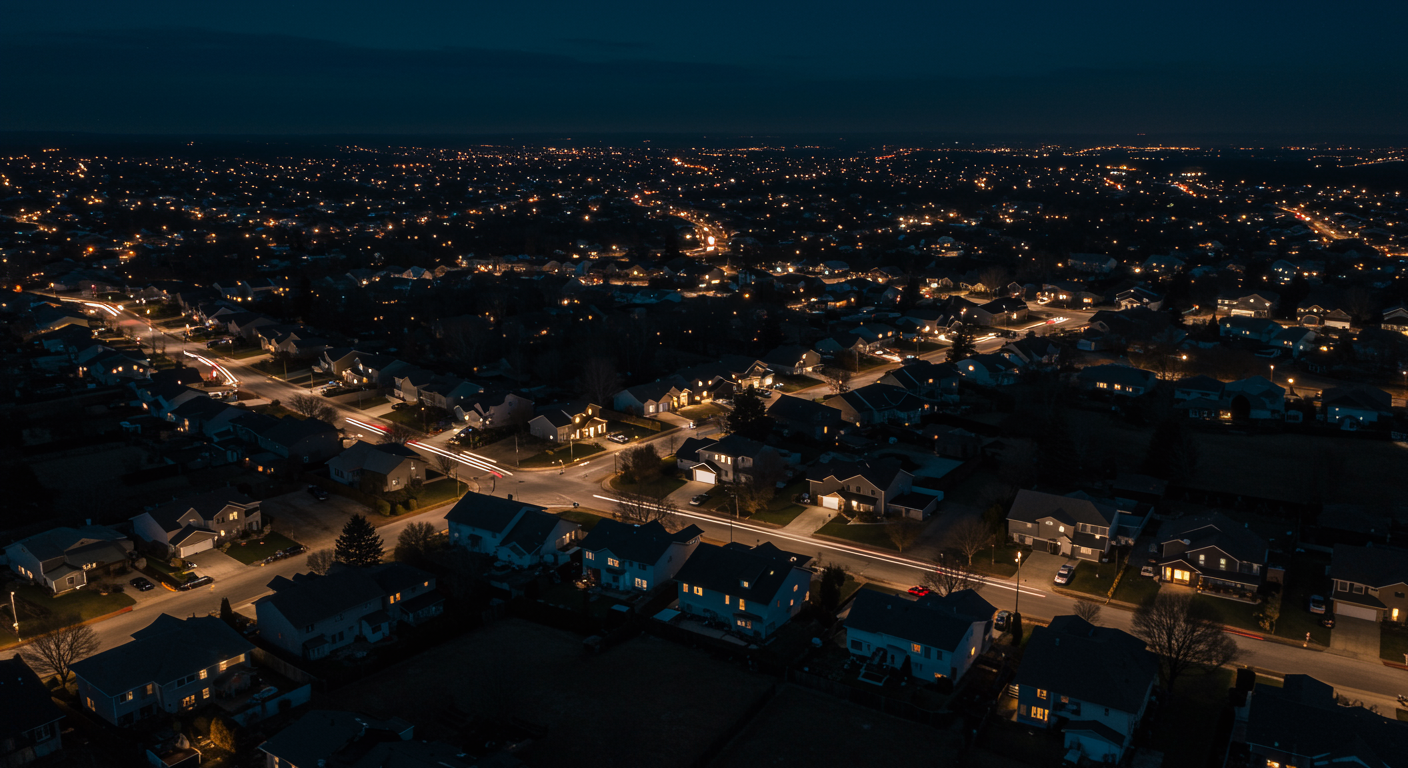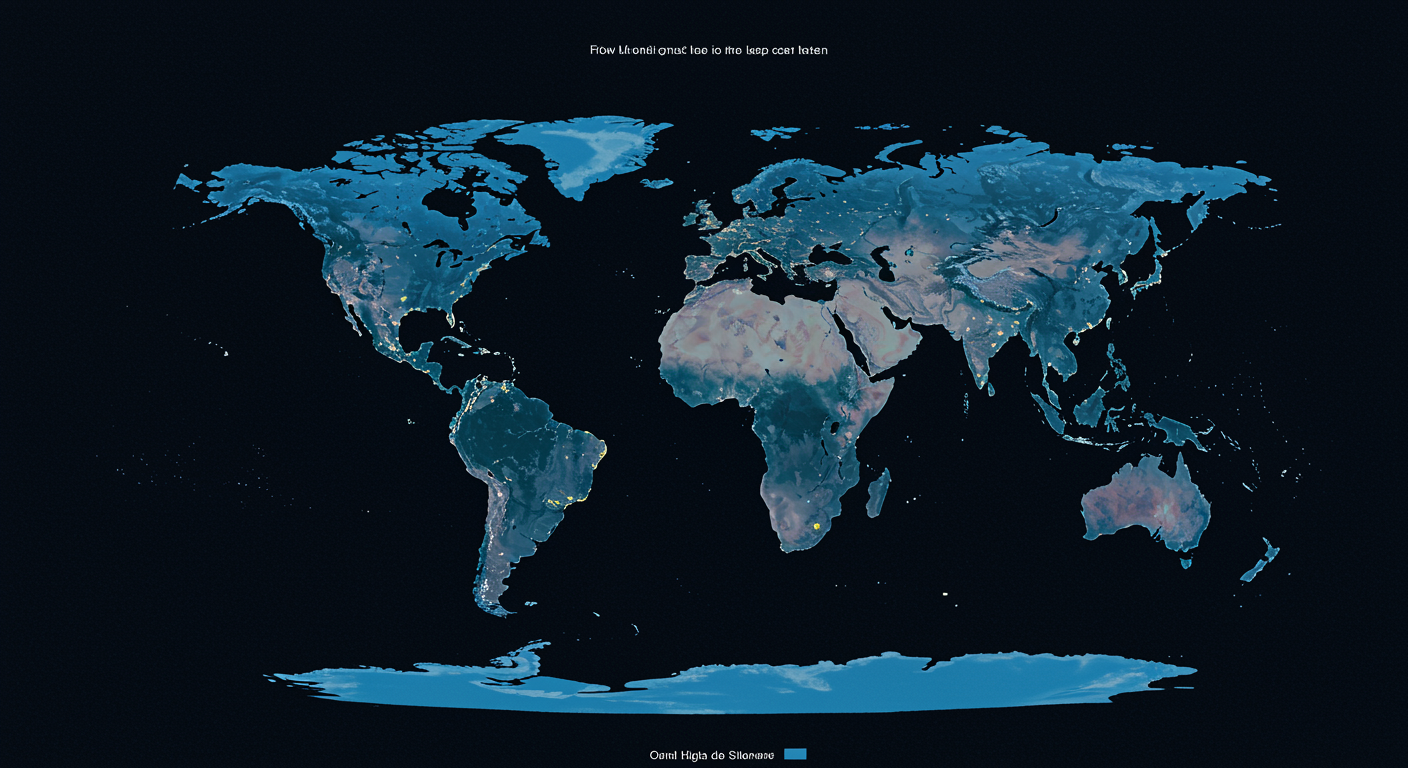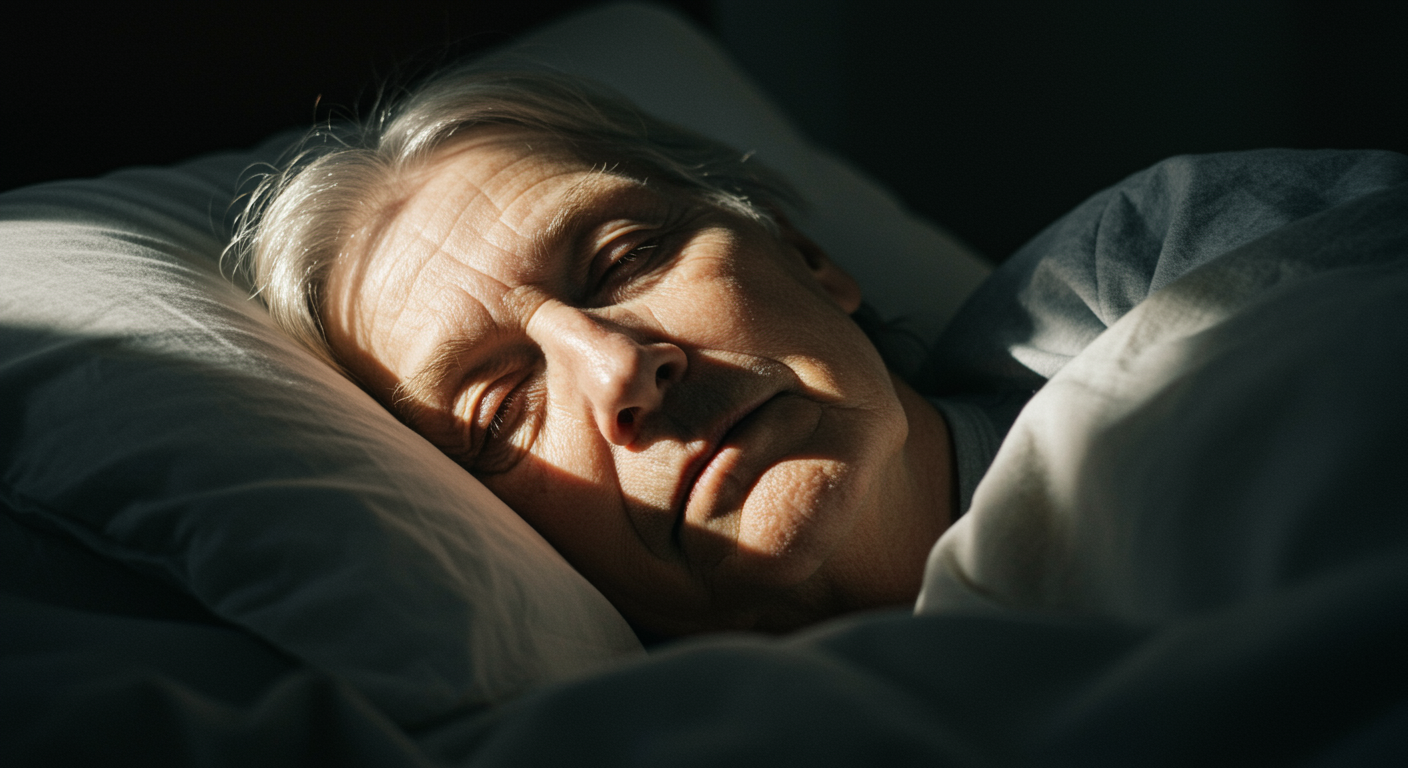Increasing Sleep Duration Lowers Blood Pressure in Pilot Study
Can Sleeping More Lower Your Blood Pressure?
Yes, this pilot study found that increasing sleep duration by just 1-2 hours significantly reduces blood pressure and improves cardiovascular function. Participants who extended their sleep showed meaningful decreases in both systolic and diastolic blood pressure, along with reduced beat-to-beat blood pressure variability—a marker of cardiovascular health. The improvements occurred within weeks of sleep extension, suggesting that getting more sleep may be a simple but powerful intervention for managing blood pressure and reducing cardiovascular risk.






